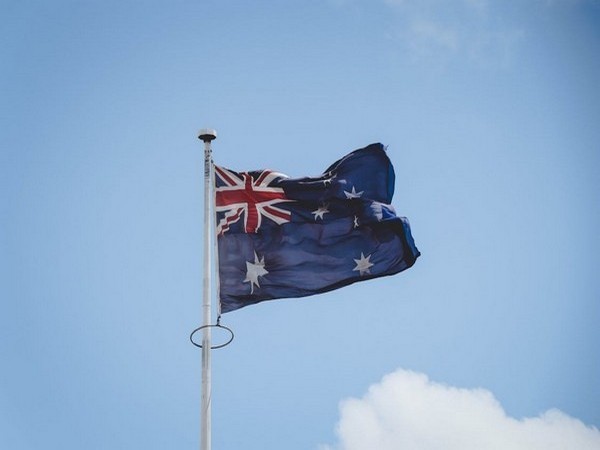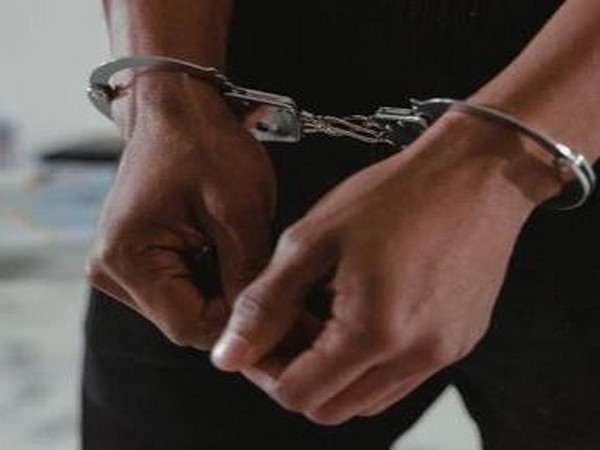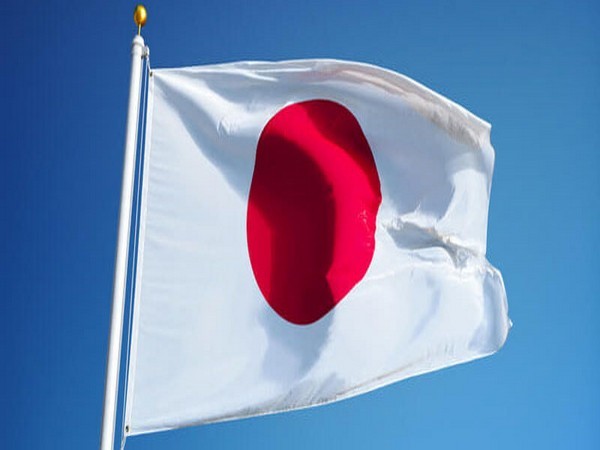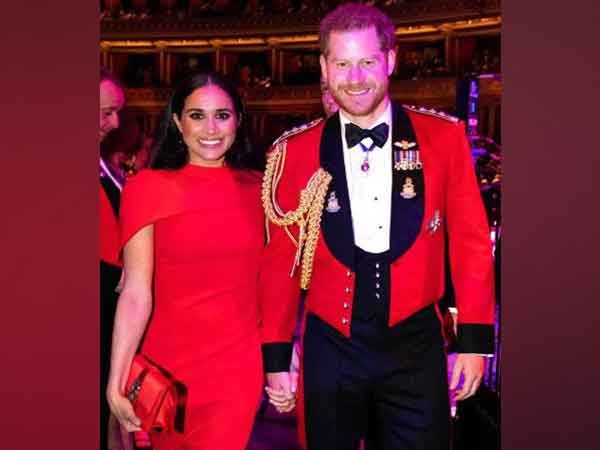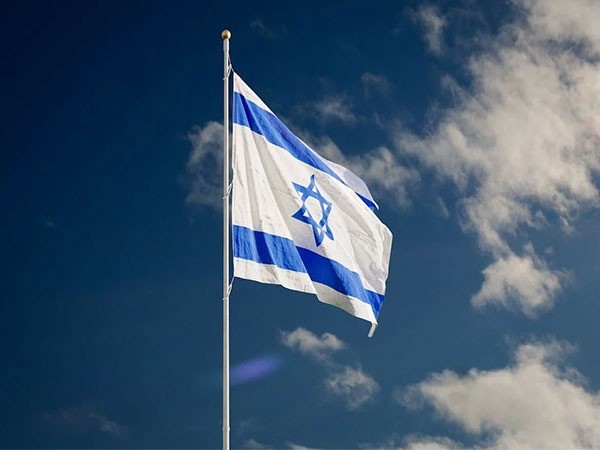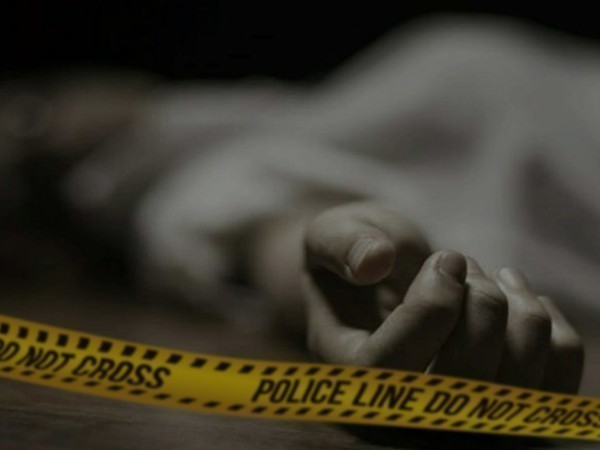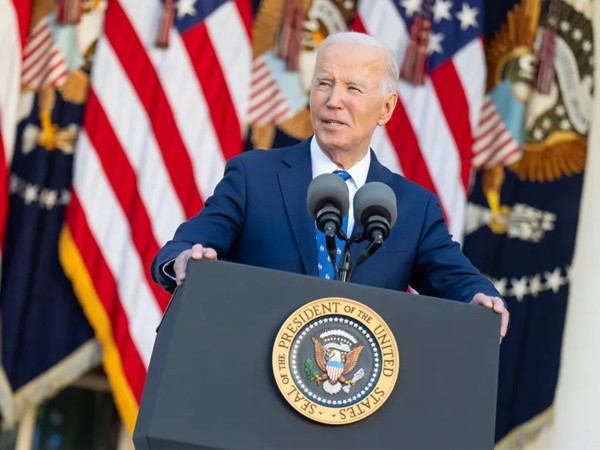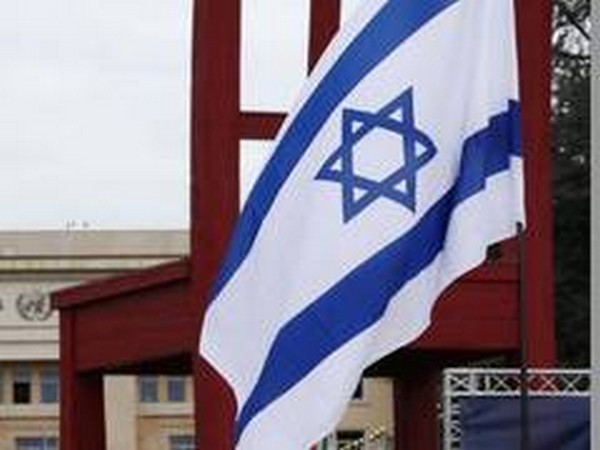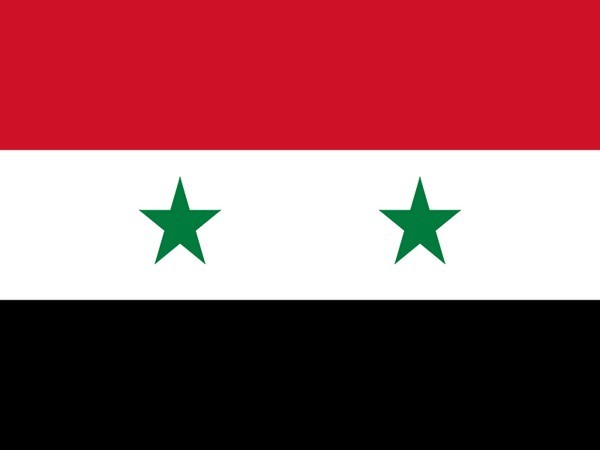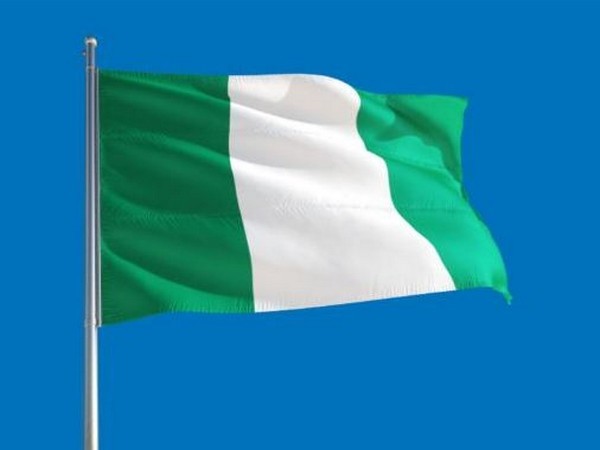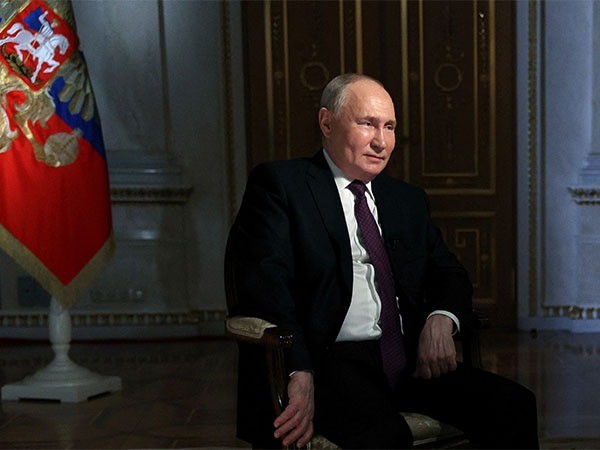
Putin wins Russia election in landslide with record turnout
Mar 18, 2024
Moscow [Russia], March 18: President Vladimir Putin won a record post-Soviet landslide in Russia's election on Sunday, cementing his grip on power though thousands of opponents staged a noon protest at polling stations and the United States said the vote was neither free nor fair.
For Putin, a former KGB lieutenant colonel who first rose to power in 1999, the result is intended to underscore to the West that its leaders will have to reckon with an emboldened Russia, whether in war or in peace, for many more years to come.
The early result means Putin, 71, will easily secure a new six-year term that would enable him to overtake Josef Stalin and become Russia's longest-serving leader for more than 200 years.
Putin won 87.8% of the vote, the highest ever result in Russia's post-Soviet history, according to an exit poll by pollster the Public Opinion Foundation (FOM). The Russian Public Opinion Research Centre (VCIOM) put Putin on 87%. First official results indicated the polls were accurate.
The early result means Putin, 71, will easily secure a new six-year term that would enable him to overtake Josef Stalin and become Russia's longest-serving leader for more than 200 years.
Putin won 87.8% of the vote, the highest ever result in Russia's post-Soviet history, according to an exit poll by pollster the Public Opinion Foundation (FOM). The Russian Public Opinion Research Centre (VCIOM) put Putin on 87%. First official results indicated the polls were accurate.
Communist candidate Nikolai Kharitonov came second with just under 4%, newcomer Vladislav Davankov third, and ultra-nationalist Leonid Slutsky fourth, results suggested.
The election comes just over two years since Putin triggered the deadliest European conflict since World War Two by ordering the invasion of Ukraine. He casts it as a "special military operation".
War has hung over the three-day election: Ukraine has repeatedly attacked oil refineries in Russia, shelled Russian regions and sought to pierce Russian borders with proxy forces - a move Putin said would not be left unpunished.
While Putin's re-election was not in doubt given his control over Russia and the absence of any real challengers, the former KGB spy wanted to show that he has the overwhelming support of Russians. Nationwide turnout was 74.22% at 1800 GMT when polls closed, election officials said, surpassing 2018 levels of 67.5%.
Supporters of Putin's most prominent opponent, Alexei Navalny, who died in an Arctic prison last month, had called on Russians to come out at a "Noon against Putin" protest to show their dissent against a leader they describe as a corrupt autocrat.
There was no independent tally of how many of Russia's 114 million voters took part in the opposition demonstrations, amid tight security involving tens of thousands of police and security officials.
Reuters journalists saw an increase in the flow of voters, especially younger people, at noon at polling stations in Moscow, St Petersburg and Yekaterinburg, with queues of several hundred people and even thousands.
Some said they were protesting, though there were few outward signs to distinguish them from ordinary voters.
As noon arrived across Asia and Europe, crowds hundreds strong gathered at polling stations at Russian diplomatic missions. Navalny's widow, Yulia, appeared at the Russian embassy in Berlin to cheers and chants of "Yulia, Yulia".
Exiled Navalny supporters broadcast footage on YouTube of protests inside Russia and abroad.
Source: Fijian Broadcasting Corporation
